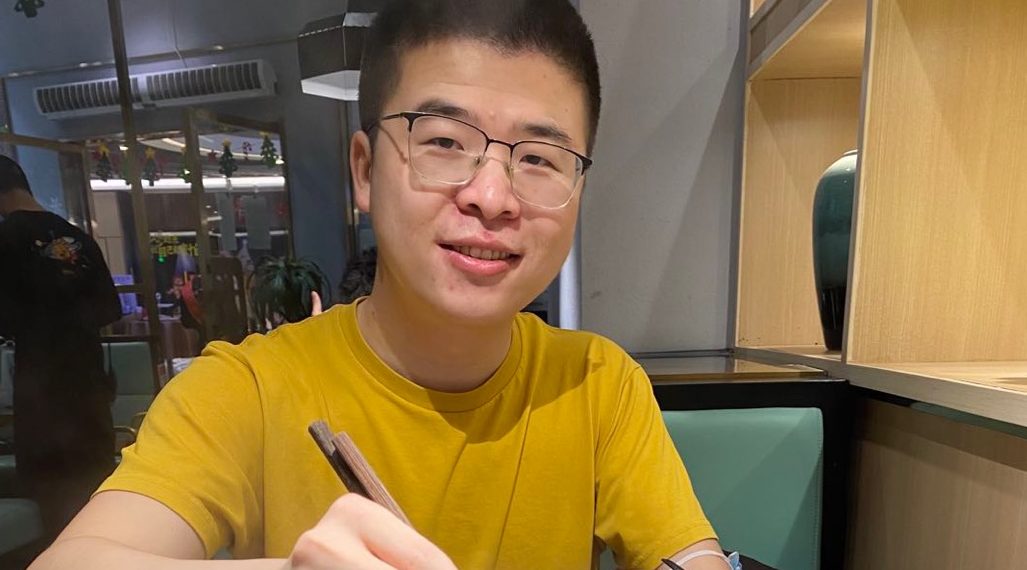Xuyang Wu is one of the Postdoctoral researchers at Digital Futures, co-supervised by Prof. Mikael Johansson at KTH (DCS, EECS) and Prof. Sindri Magnússon at SU (DSV). He received the B.S. degree in Applied Mathematics from Northwestern Polytechnical University, China, in 2015, and the PhD degree in Communication and Information System at the University of Chinese Academy of Sciences, China, in 2020. He was a finalist for the best student paper award at IEEE ICCA 2019.
Hi Xuyang, describe your role as a postdoc at Digital Futures and why you applied for this fellowship mobility program?
– I work as a data scientist in the division of decision and control systems. I applied for the fellowship mainly because of two reasons. First, this fellowship allows me to choose research problems flexibly. I do not need to restrict myself to certain scientific problems. Second, I can work with world-leading scientists in my research area through this project.
The title of your postdoc project is Distributed Optimization and Federated Learning in Emerging Smart Networks – tell us a bit about it? Have you already some results from your work?
– In this research project, we consider solving optimization/learning problems in smart networks, which occur in many engineering problems. We have studied two research problems in this project. One is allocating power in the smart grid in an economic and safe way, that is, achieving the lowest cost without breaking any physical constraints. Another is designing adaptive learning rates relying on the real system delay in asynchronous algorithms, which can greatly improve the convergence speed of algorithms. Both topics are new and interesting.
Your research interests include distributed optimization and federated learning. In particular, you focus on algorithmic foundations, convergence analysis, and resource efficiency in emerging systems such as IoT and cyber-physical systems – why did you decide to focus on these topics?
– Efficient data usage is the core of digitalization, and optimization and learning are the main tools to achieve this goal. In optimization and learning, algorithm design and convergence analysis are the most important two parts, where algorithms solve problems and convergence analysis guarantees the reliability of algorithms, and improving resource efficiency in emerging systems is an important application of optimization and learning.
Finally, tell us a little bit about yourself!
– I arrived in Sweden in December 2020 and I love this place, especially its forest and snow. I wish to travel through this country and its neighbors.
Link to postdoc project Distributed Optimization and Federated Learning in Emerging Smart Networks





